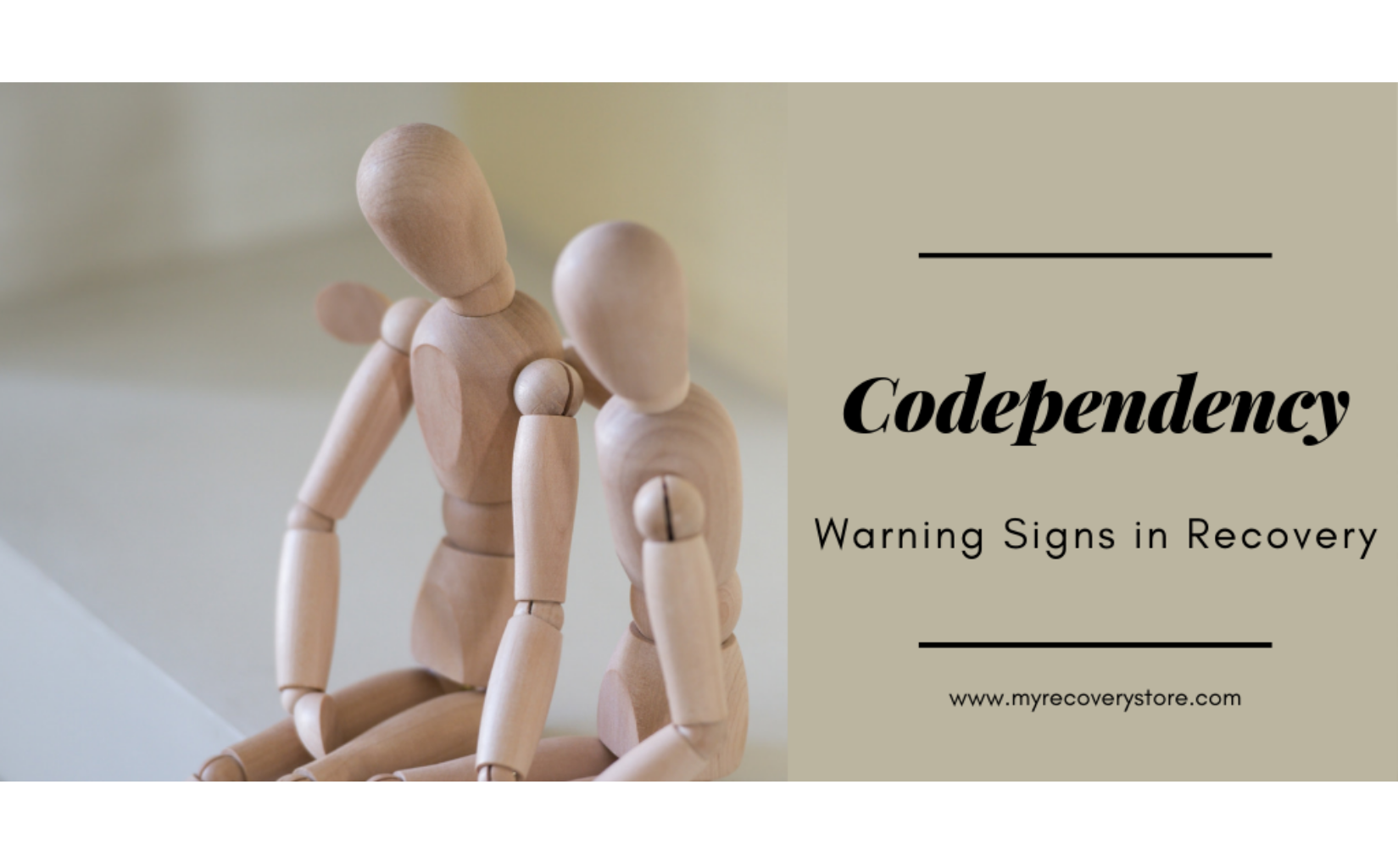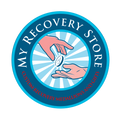
Codependency: Warning Signs in Recovery
Codependency is common in relationships which have weathered addiction and recovery. Therefore, awareness of the dysfunctional behavior is the first step to recognizing codependency warning signs in recovery. Because this issue is so important, we have created a checklist of warning signs below.
What is Codependency?
First, the dictionary defines codependency this way: “excessive emotional or psychological reliance on a partner, typically one who requires support on account of an illness or addiction.” Often, this is seen when one person acts as a caretaker or “rescuer,” and the other person acts needy, or deceptive. Sadly, the caretaker might dismiss their own needs, or engage in risky behavior to meet the needs of this person.
Codependency Warning Signs
Typically, codependency is part of a relationships where one partner is an addict who abuses alcohol or narcotics. In these relationships, the codependent person might help the addict hide their behavior, or actively enable the addict. However, there are many co-dependency warning signs to help you diagnose the problem. Some of the most common signs include:
- People pleasing
- Guilt and perfectionism
- Poor boundaries
- Trouble identifying feelings
- Denial
- Poor self-esteem
- Fears of abandonment
- Need for approval
- Need to be in control
How Codependency Affects Recovery
Sadly, codependent behavior often triggers addicts to relapse. As a result, a newly sober person should be cautious. Also, it's important to have a strong support system in place. Although it’s not very common, some sponsors can develop codependent tendencies when helping a newbie through recovery. In these cases, the behavior may take the form of demands for frequent check-ins, or any behavior in which the sponsor is taking on too many “caretaker” roles. As a result, some newbies don't grow in their own recovery as well as they should.
At the end of the day, knowing the warning signs of codependency in recovery can help you avoid pitfalls. Rather than carry on alone, don't be afraid to seek mental health support when necessary. You don’t have to struggle.

